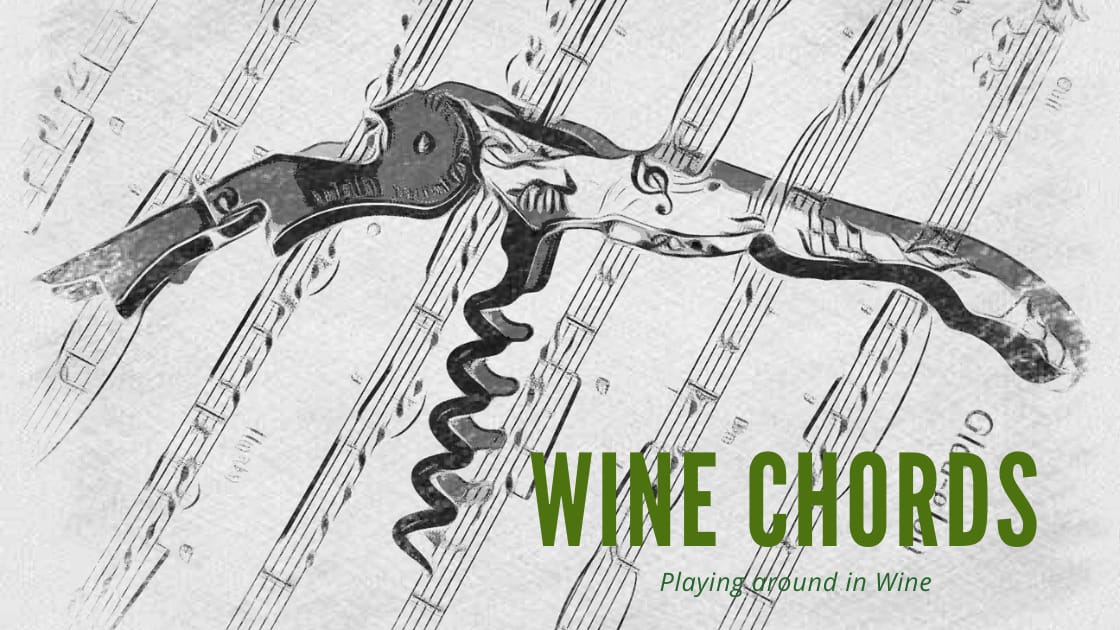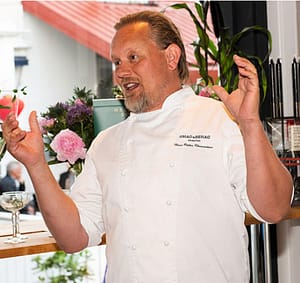I am fully aware that Sébastien Riffault has been in the spotlight for things other than his wines lately. Let’s keep this aside for a while. The quality of his wines can hardly be doubted. Okay, there are people who don’t like the mature style. Some even say they are not typical of Sancerre. Remember that many people believe that the early-harvested commercial yeasted cat’s pee in a gooseberry bush is the real thing. Riffault is, in my opinion, very Sancerre, but clearly a different take.
The sauvignon blanc was planted on limestone and clay some 35 years ago. Akmèniné means “made of stone” in Lithuanian (the nationality of his wife). The grapes were harvested by hand in mid-October, directly pressed without skin contact, 30 percent of the grapes having botrytis. It was then fermented in large old barrels, then aged on the lees. No sulphur added, not fined or filtrated.

Akmèniné 2019 (S. Riffault)
Pale amber. Aroma of mature apples, mango, herbs and yeast. Good volume and concentration, rich, tasty, with ripe fruit and adequate acidity.
Price: Medium
Leave a Comment


